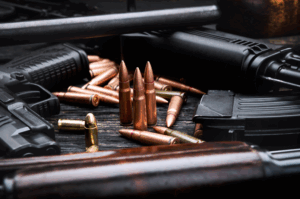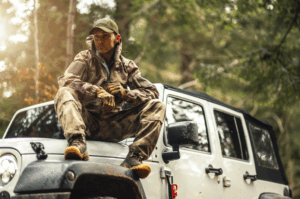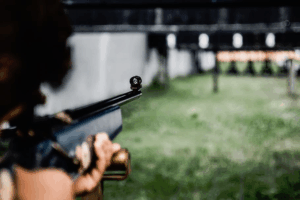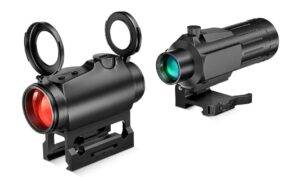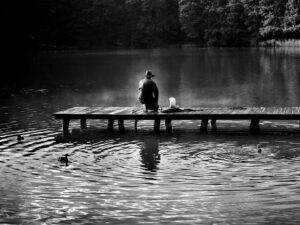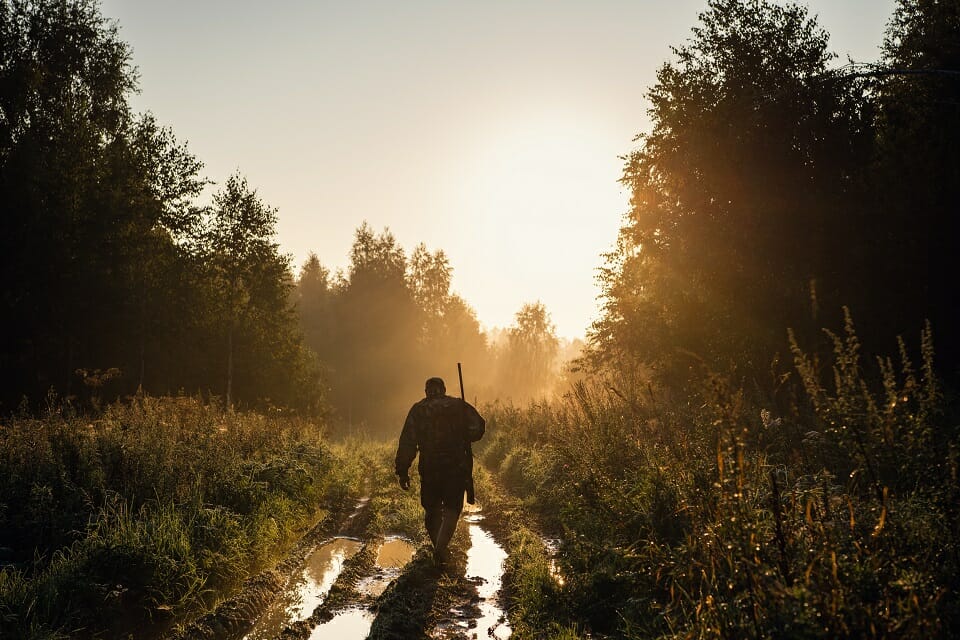
Summer hunting at sunrise. Hunter moving With Shotgun and Looking For Prey
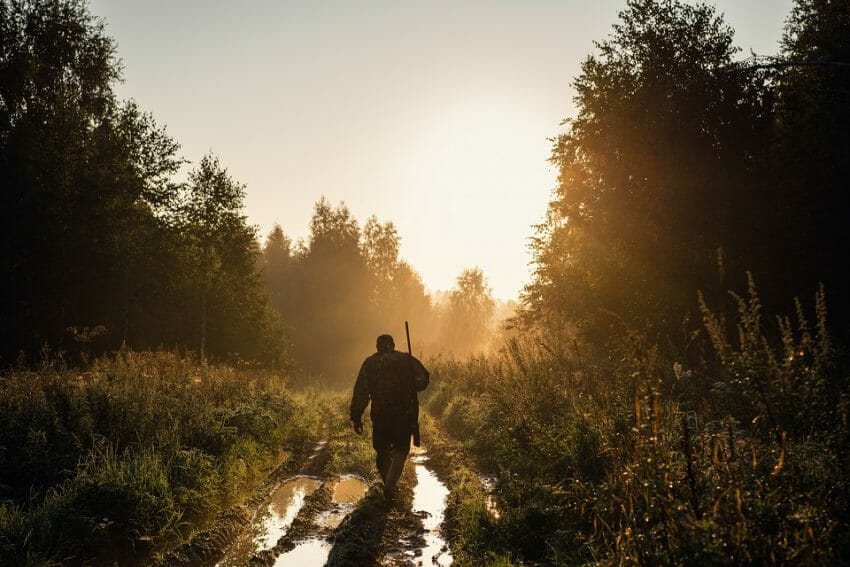
Many times you may have read stories of successful hunters who began their journey with family members as a child. If it crossed your mind that it may be too late to begin hunting as an adult, the truth is it’s never too late to learn a new skill. All you need is the determination to learn and practice as it is a skill that you will develop over time. We have compiled a list to help guide you on the steps you need to take to get started.
1. Research
Before you begin to learn any skill or craft, you need to read widely on the topic subject. Research gives insight on what to expect and the path that you may need to take. You may gain confidence and motivation to begin the art of hunting. There are platforms that you can learn from experts and professionals such as besthuntingadvice.com. Make sure to take notes of what you learn so that you can use these as a reference when you begin to hunt.
2. Get Hunting Licence
The requirements of obtaining your hunting license depend on your location or the e-learning platform that you enroll with. You are however required to have a license to hunt as this will also equip you with the hunting safety requirements and procedures. Once you have written your test or exam, you might be accompanied by a hunting guide when you are ready to go into the field, so that you get a feel of the practical side to hunting.
3. Gather Equipment
Once you have your license, you need to gather all the tools that you need to be able to effectively execute your hunt. Equipment that you will need includes a rifle or gun that you are licensed to use, gun sling that keeps my Rifle from falling off my shoulder, calling equipment depending on the animal that you are hunting, for example, duck calls, decoy, trained hunting dog, hunting apps that help you navigate the territory and spot your animals, hunting mask, hunting boots, thermal wear, binoculars, headlight, and campus.
You will have to research the type of equipment that you will need as the lists vary depending on the type of hunting that you wish to do.
4. Practice Shooting
Before you head out into the field, you can practice shooting in a hunting park. Practice shots can be executed on objects that mimic the animals that you are going to hunt. For example, if you are going to hunt ducks, you can practice your shots on clay birds. You can find out if there are any hunting parks that you can practice your shots on so that you enter the field feeling confident.
5. Train Your Dog
If you decide to take your dog along as a hunting partner, you should start training them before you head into the hunting field. Many hunters swear that their dogs have been of great assistance when it comes to spotting animals, locating effective decoy spots, and catching the animals when these have been successfully shot. You will have to discover the role that your dog enjoys to take on in the field and infuse this into your hunting style. Keep in mind that your dog is also learning just as you are and will get more experienced with time.
6. Practice Animal Calls
Depending on the animal that you are hunting, you can practice ways to call them towards your decoy. If you grasp the art of animal calls, you will make the hunting process more efficient. For example, if you are hunting ducks, you have to practice the different calls you can produce using the duck calls you would have purchased as part of your tools. If you are hunting deer, you might want to learn how to mimic a doe, as bucks, or male deer will pursue doe or female deer.
7. Observe Your Hunting Space
Take a few days out to simply observe certain hunting spaces. You may learn how to strategize and become familiar with the hunting space before you head out for the hunt. You may discover the areas that the animals enjoy to hide out, observe the animals’ body language which will help you to determine when to shoot successfully, analyze different decoy patterns you can implement, and discover the best times to go out hunting.
8. Speak To Experienced Hunters
Experienced hunters can share their first-hand experience with you. They can advise you on strategies based on what worked or didn’t for them, mistakes they made, and the tricks that they learned throughout their hunting career. You can also accompany them on a hunting trip as a student if possible. By observing their hunting styles, you can then craft yours drawing from some of their skills.
10. Head Out
When you feel that you are ready to experience your first hunting session, keep in mind that you are only beginning. You can ask an experienced hunter to accompany you for feedback or guidance. The more times you head out to the hunting field, the more you can track your progress and make note of the strategies that are working and those that aren’t. Make sure to have a means of communicating with those that aren’t in your hunting zone in case you need assistance. Losing your hunting track, a change in weather or a gun injury are examples of instances where you will need immediate assistance.
Conclusion
Starting to hunt as an adult means having to do some research before heading out to hunt. You will have to get all the best hunting advice you can to make sure that you will be well equipped and mentally prepared. Once you have researched the subject, you must gather your equipment, obtain your hunting license, practice your shots, train your dog, practice calling your animals, observe your hunting space, learn from experienced hunters, and then head out into the field.
Keep in mind that patience is an important tool when starting to hunt. You will become refined as you make mistakes and develop your signature hunting style.

